
OR
Editorial
Avoid unnecessary duplication
Published On: January 23, 2024 07:21 AM NPT By: Republica | @RepublicaNepal
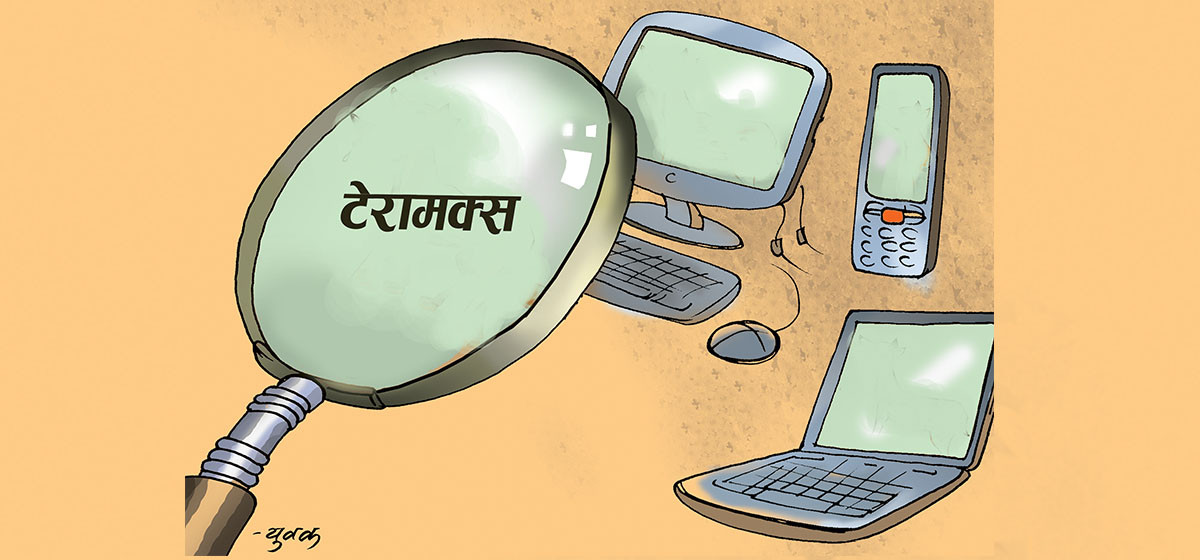
After any criminal incident or activity, an investigation is conducted to ascertain its truth, punish the culprits, and take precautions to prevent such incidents from happening again in the future. The government bodies entrusted to carry out such investigations vary from country to country. In Nepal, the Commission for the Investigation of Abuse of Authority (CIAA) is the main body primarily responsible for investigating corruption and recommending necessary action. In principle, all investigations should be carried out by this anti-graft body. However, some issues require the involvement of agencies other than the CIAA. Investigations are sometimes conducted by the police or parliamentary committees. Additionally, there are also quasi-judicial bodies that can carry out necessary investigations. Currently, several government and parliamentary panels are currently investigating the TERAMOCS purchase case, which has recently drawn media headlines. While the CIAA is conducting an investigation after receiving a complaint about irregularities in the procurement of TERAMOCS by the Nepal Telecommunications Authority, the Public Accounts Committee of the House of Representatives has separately initiated an investigation into the same matter. Now, another parliamentary committee on Education, Health, and Information Technology under the House of Representatives is planning to investigate this issue. This does not augur well.
A question arises here: Why do other agencies intervene before the responsible agency completes its investigation on the same matter? What necessitates this obligation to involve other agencies? This indicates a lack of trust between these entities. Moreover, there is a lack of clarity on who is primarily responsible for such investigations, which is more likely to confuse and delay the process than to discover the truth. There are slim chances of catching a fish in murky waters. Currently, different bodies attempting to get involved in the same issue is only making matters worse. This will only complicate the ongoing investigation process. Therefore, it is important to understand that there is no need for external investigation committees or commissions for the investigation of corruption and irregularities. It is only when ad hoc bodies are called in that the government bodies responsible are unwilling or unable to fulfill their responsibilities. The tendency to set up different committees, while overriding the jurisdiction of the concerned government bodies, is not the right approach to ending corruption and irregularities in the country in the long run.
There are numerous commissions whose findings are never made public. The findings of such bodies that are made public are usually 'copy and paste' from previous similar commissions, which are mocked by common people. When the government does not implement recommendations made by commissions/committees, there is no public respect for them. In such a situation, people lose faith in the probe commissions or committees formed to investigate such incidents. Lately, the government has been accused of forming commissions after commissions to investigate cases of corruption and irregularities. But these entities are largely seen as an attempt to hoodwink the public. Whether it is the Medical Education Probe Commission or the Lalita Niwas Land-grab Inquiry Commission, the wide-body procurement scam, or fake Bhutanese refugees, not all culprits have been punished. In such incidents, only ordinary persons are taken action against, while the masterminds behind such acts always get away. Instead of going for such commissions, there is a need to delegate power to one body and hand over all authority to it without political interference. This would create an environment where everyone trusts the functioning of the state.
You May Like This
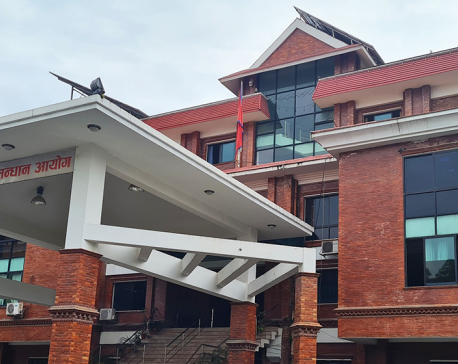
CIAA arrests engineer for allegedly soliciting bribe
KATHMANDU, Oct 3: The Commission for Investigation of Abuse of Authority (CIAA) has apprehended an engineer accused of soliciting a... Read More...
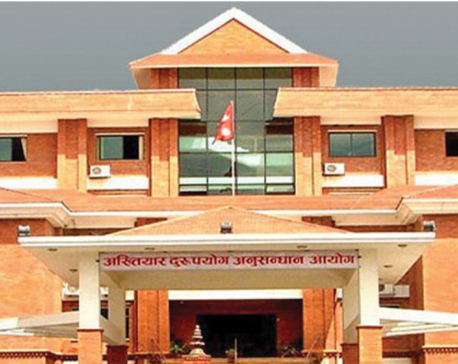
CIAA starts probe after suspicion of corruption in Kalanki-Balkhu road project
KATHMANDU, April 16: The Commission for the Investigation of Abuse of Authority (CIAA) has initiated an investigation into suspected irregularities... Read More...

Stakeholders smell rat in Sikta probes delay
NEPALGUNJ, Sept 28: Both the Ministry of Irrigation and the Commission for the Investigation of Abuse of Authority (CIAA) have formed... Read More...




Just In
- NEA Provincial Office initiates contract termination process with six companies
- Nepal's ready-made garment exports soar to over 9 billion rupees
- Vote count update: UML candidate continues to maintain lead in Bajhang
- Govt to provide up to Rs 500,000 for building houses affected by natural calamities
- China announces implementation of free visa for Nepali citizens
- NEPSE gains 14.33 points, while daily turnover inclines to Rs 2.68 billion
- Tourists suffer after flight disruption due to adverse weather in Solukhumbu district
- Vote count update: NC maintains lead in Ilam-2








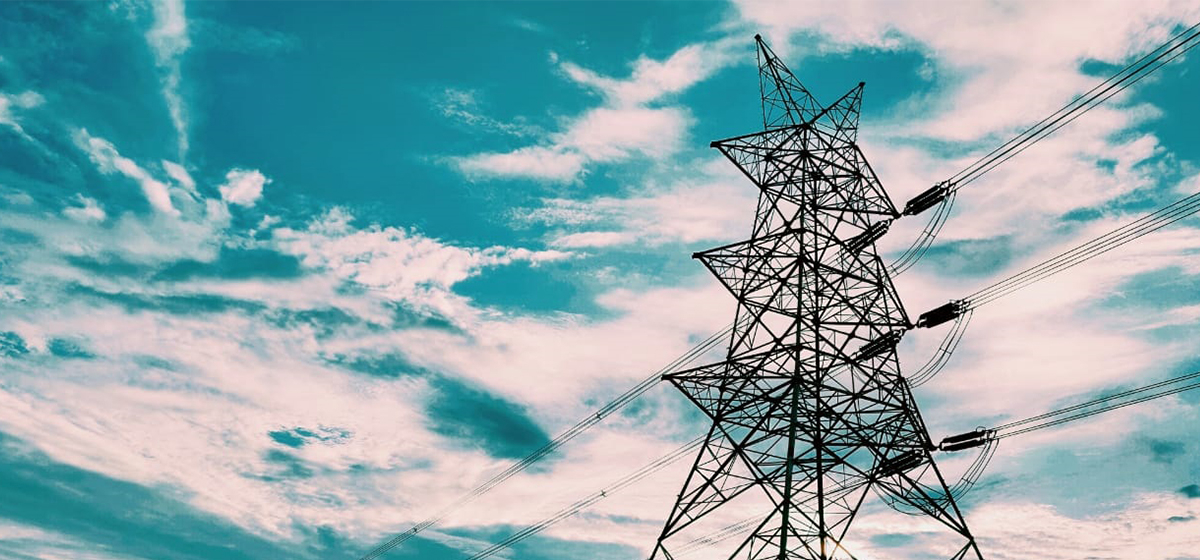



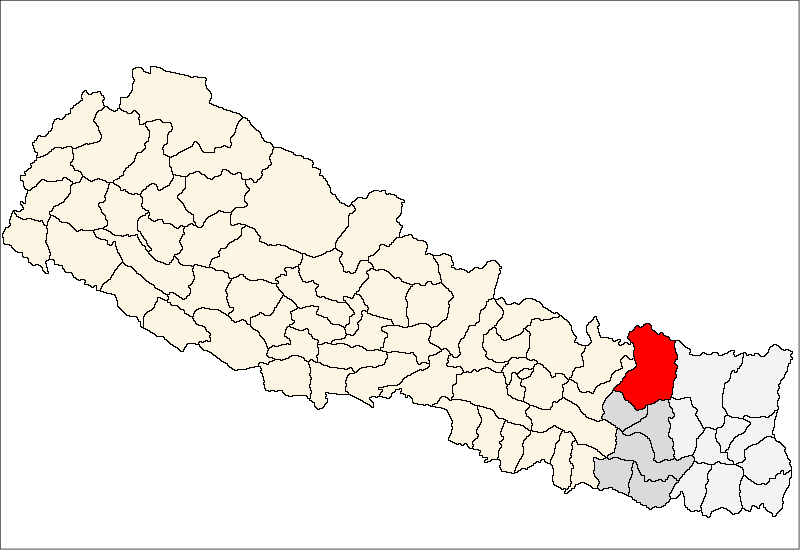
Leave A Comment